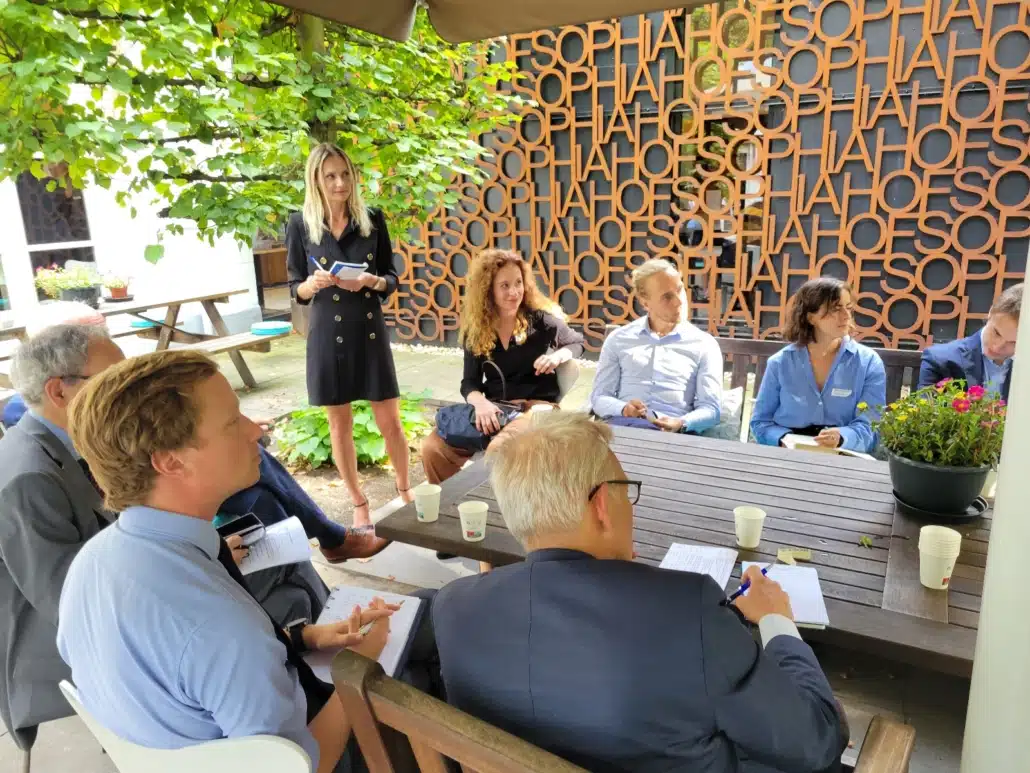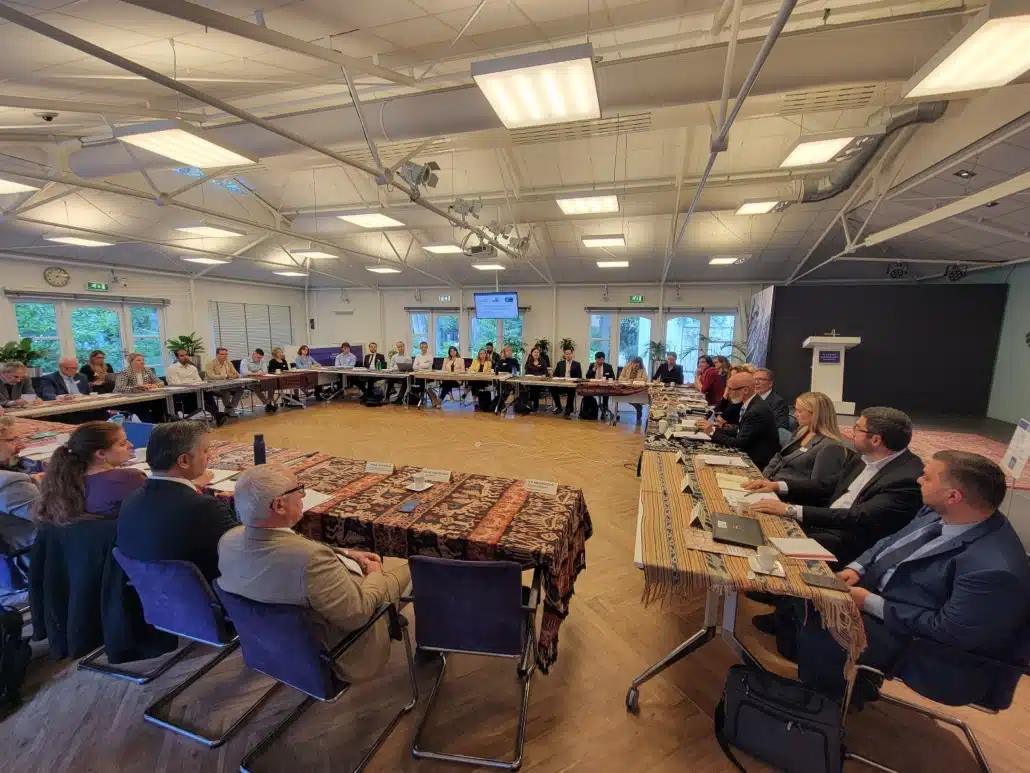On September 12, 2023, the 14th the Hague Roundtable on Climate & Security brought together participants from some 20 countries and organisations to discuss collaborative approaches to improve inclusive resilience and security. The event included a session with Laura Birkman, Head of the Climate and Security Programme at HCSS, who delivered a compelling address titled “Turning Vicious Cycles of Climate Change and Conflict into Opportunities for Collaboration & Peace: An Integrated, Informed & Inclusive Approach.”
“It’s all hands on deck. We need smart, comprehensive, and integrated climate security approaches translated into actions on the ground.”
Laura Birkman
The event was co-organised and hosted by the Embassy of Canada to the Netherlands in partnership with NATO Headquarters in Brussels and focused on addressing the pressing issues of climate change and security on a global scale.

The meeting served as a platform for experts and leaders to exchange views and experiences concerning the critical need for collaborative approaches to enhance resilience and security worldwide. With a particular focus on areas prone to climate fragility, the discussion revolved around impact-risk case studies, particularly emphasising the challenges related to water resources and food security in Iraq – a key focus for Water, Peace and Security Partnership.
“Climate Change is a toxic mix of factors leading to instability and insecurity.”
Robert Dresden, Ambassador, NATO Mission in Iraq
About The Hague Roundtable on Climate & Security
The Hague Roundtable is an independent initiative that supports global cooperation on climate risks to water and food security, disaster resilience, peace, sustainable development, and political stability. The Roundtable forum facilitates a dialogue among representatives of governments, NGOs, education institutions, development organizations, military, private sector, and donor organizations – which may be stakeholders who do not routinely exchange ideas and strategies on these topics. Participants are encouraged in a less-formal setting to voice their main challenges; potential solutions; what they can offer; and what they need.







